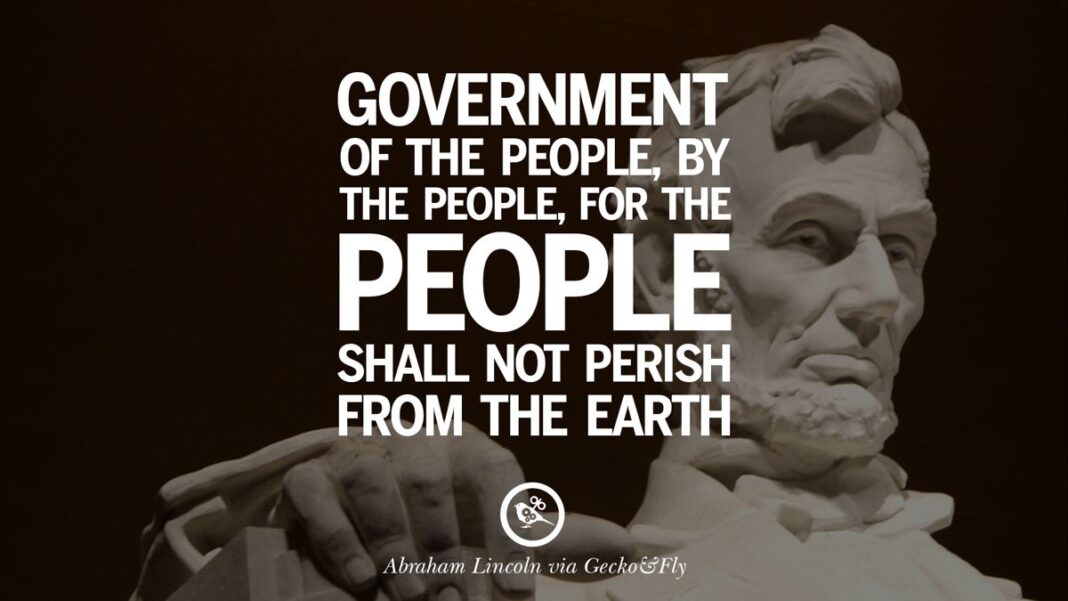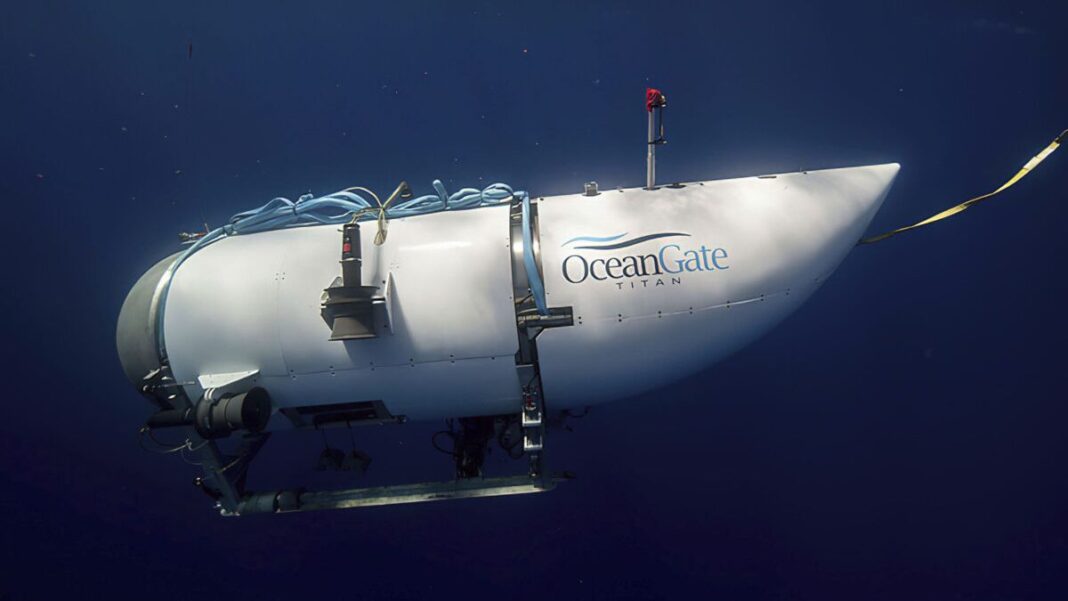DOE official says ‘in-depth vetting began’ only after announcements of billions in funding, which boosted stock prices for grantees
House Republicans have voiced concerns about the Biden administration’s energy-related spending, questioning a Department of Energy (DOE) official about how a Chinese-owned battery manufacturer was on pace to get hundreds of millions in taxpayer money before the Biden administration rescinded the money in May.
That company, Microvast, somehow qualified for a $200 million grant to build a battery separator facility in Tennessee as part of spending doled out through the 2021 Bipartisan Infrastructure Law (BIL).
The Department of Energy announced the decision in October 2022 as part of $2.8 billion in what its announcement repeatedly described as “funded projects” for the U.S. battery sector.
Energy Secretary Jennifer Granholm said the money would “supercharge the private sector to ensure our clean energy future is American-made.”
“Shortly after the announcement, Microvast’s association with the Chinese Communist Party became apparent,” Rep. Morgan Griffith (R-Va.) said in his opening statement at the June 21 hearing.
“According to Microvast’s own SEC [Securities and Exchange Commission] filings, the government—referring to the People’s Republic of China—’exerts substantial influence over the manner in which we must conduct our business activities, and may intervene at any time with no notice,’” Griffith continued.
“Uncertainties with respect to the PRC legal system could limit the legal protections available to you and us,” that same filing states. It also describes the firm’s receipt of Chinese government subsidies and states that “most of [Microvast’s] current customers” are in China.
Obama Commerce Department Official Appears in Filing
Another notable name that crops up in the filing is Stefan M. Selig, who was a member of the board of Tuscan Holdings Corp., a blank check company that entered a business combination with Microvast.
Selig served as undersecretary of commerce for international trade at the U.S. Department of Commerce under President Barack Obama, where he described the Trans-Pacific Partnership arrangement as “a win for American businesses and workers.”






